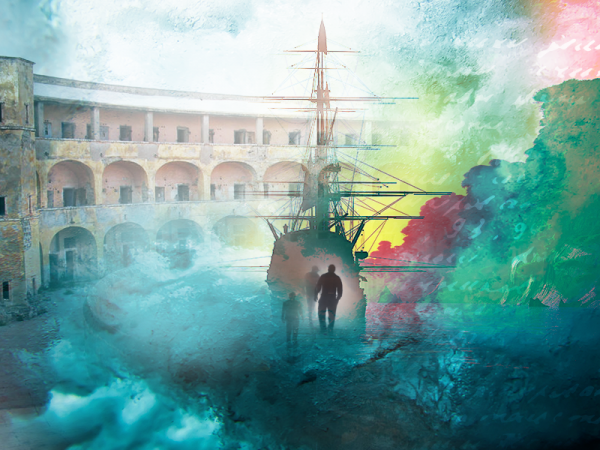
Classics, Love, Revolution: The Legacies of Luigi Settembrini
Barbara Graziosi, Classics; Dan-el Padilla Peralta, Classics
September 23, 2024 · 4:30 pm—6:00 pm · 161 East Pyne
Department of Classics; Program in Italian Studies; Department of French and Italian

In Classics, Love, Revolution: The Legacies of Luigi Settembrini, Barbara Graziosi and Andrea Capra intervene in current debates about classics and its relation to revolutionary ruptures, nationalist movements, and identity politics today. They begin with The Neoplatonists, an explicit love story posing as the work of an imaginary ancient Greek author, but actually written by the Neapolitan revolutionary and classical scholar Luigi Settembrini (1813–1876).
Offering the first English translation of the tale—which, because of its celebration of homosexuality, long remained censored and unpublished—they read it in the context of Settembrini’s life, scholarship, and revolutionary politics. Drawing strength from his legacies, Capra and Graziosi go on to tackle the nostalgias of post-truth politics today, demonstrating the queer, reparative potential of various strands of classical scholarship. On the basis of archival research, combined with literary and philosophical analysis, they argue that a commitment to social justice and an investment in the study of Greco-Roman antiquity can—and even should—be rooted in egalitarian, embodied, and joyous forms of love.
Classics, Love, Revolution: The Legacies of Luigi Settembrini offers a reassessment of Italian homosexuality, insurgence, and scholarship, while telling a moving story of love and resilience along the way.















